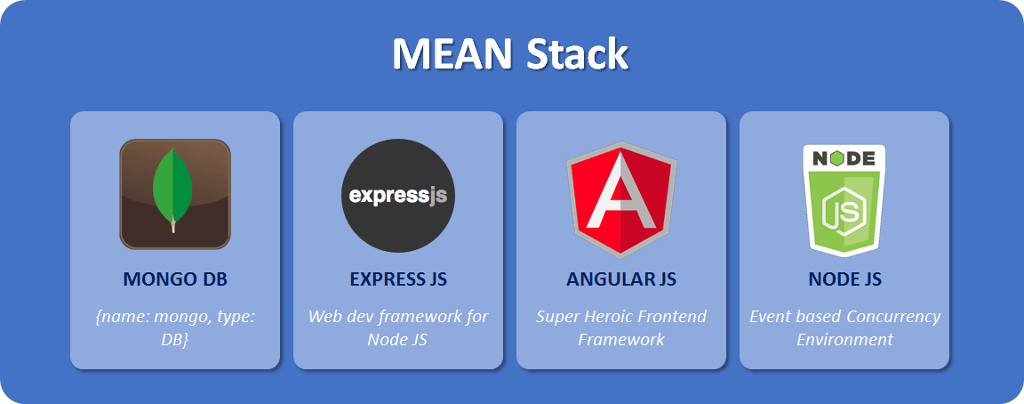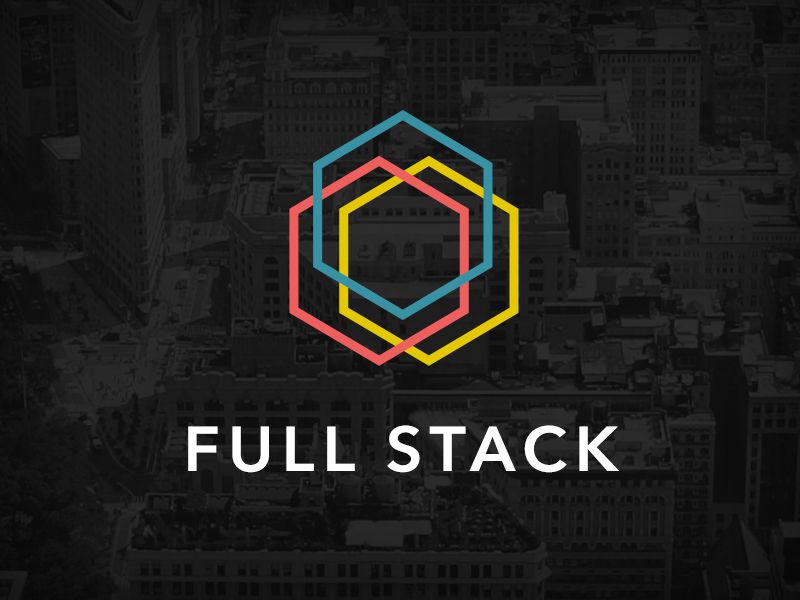Web technologies, like other technologies, coexist with the human race and strive to improve in new and finer forms. Surprisingly, many newly released websites have vanished and been replaced by newer and better web apps recognized for providing an everlasting and thrilling user experience. One such technology is the MEAN web development tool, which has a solid reputation for developing scalable and durable websites. MongoDB (database), Express (web server framework), AngularJS (web client framework), and Node.js make the MEAN stack (server platform).
Developing websites with Mean stack Development Solutions is more advantageous than using other tools since it gives more freedom. It uses the JavaScript programming language for development, making integration with other applications simple. The Mean Stack development technology’s objective is to enable developers to create more agile apps with consistent language across all tiers.

The MongoDB database is very similar to other databases, except it is schemaless, making additions and deletions simple. When dealing with big amounts of data, this component and characteristic of MEAN development platform removes complications and redundancies. In SQL databases, dealing with data separated into tables and columns is quite complex. This function also synchronises MEAN-based development with the cloud and cloud-based apps. As a result, cloud-based apps may be readily developed and hosted on the cloud network.
MongoDB is another viable option to the JOIN Command. True, the JOIN command is a game-changing invention for conserving disc space. A user can eliminate unneeded fields with the aid of this command. The fields can be added anytime it is necessary. This feature completes a low-cost and tidy database. However, disc space is rather inexpensive nowadays and comes with gigabytes of RAM. As a result, JOIN may be substituted by MongoDB.

Mean web development tool incorporates AngularJS as a web client framework that operates at supersonic aircraft speed. When compared to alternative frameworks like Apache or Internet Information Services, it is an excellent choice (IIS). Both Apache and IIS lack multitasking capabilities since they generate HTTP requests using threads. If the threads are engaged in distinct sorts of work, no additional requests can be made, and the server answer is slogged. Because today’s users are restless and spend relatively little time, having fast speed serves numerous purposes.
During the development stage, the traditional web pages must be reloaded every time a request is made. So, if there is a lot of data on an ecommerce website, the user must click ‘Next’ to go to the next page. At this moment, he returns to the previously seen stuff. This results in a poor user experience, which can seriously harm a company’s prospects. The benefit of using Node JS in MEAN development is that it just uses one thread to receive incoming HTTP requests.It can receive threads fast and so performs operations very quickly. As a result, it manages several connections at the same time. The PHP fan club may brag about code libraries created for prominent platforms such as WordPress or Drupal. However, Node JS is a comprehensive package approach for which public libraries are rapidly expanding. It is probable that many more platforms will be established utilising Node.js in the future days.

Express JS is another fantastic alternative offered with the MEAN stack that provides essential resources for doing comparable and identical jobs on the website. It has a simple UI that allows users to create endpoints and manage cookies. Furthermore, it aids in the creation of REST routes, the management of HTTP headers, and the use of integrated middleware for successfully handling requests and answers.
For data transport, all of the main components of MEAN stack web development tools (MongoDB, JS Express, AngularJS, and Node.js) use JavaScript Object Notation (JSON). While navigating across several levels, the flowing data in JSON remains quite obvious. JSON avoids the need to reformat data for each layer several times. The PHP language, on the other hand, does not support the data at every tier.
These are only a few of the reasons why MEAN web development frameworks beat traditional solutions. It combines MongoDB, Express, AngularJS, and Node.js. This framework’s transcending features aid in the creation of powerful and sturdy websites. Many more commercial apps may be produced utilising the MEAN stack in the coming days.
Thanks for sharing this valuable information with the users. Keep it up your article is well written and full of information for new visitors…Thanks for share with us.
The information is very special, I have to follow this website, the information this website bring is presented very realistically, accurately and fairly. You can get information related to Technology here, thank you for sharing this great and informative post.
Thankful for sharing this post, I look for such article along time, today I find it finally. this one Such an Awesome Blog !! Keep up the Good Work !! all details about Mean Stack is really interesting.
Awsome Post. Very interesting topic of the time and I really thrilled to read this. please keep posting such interesting topics…